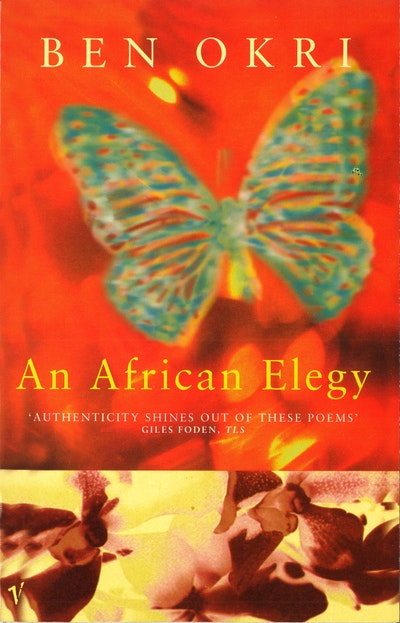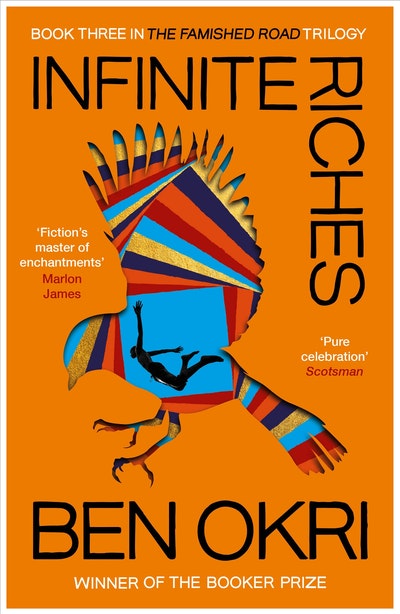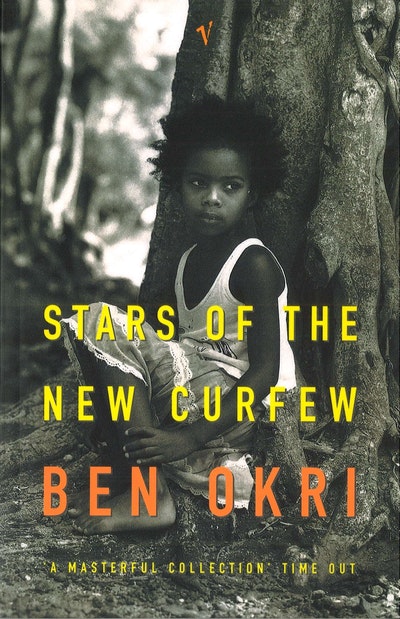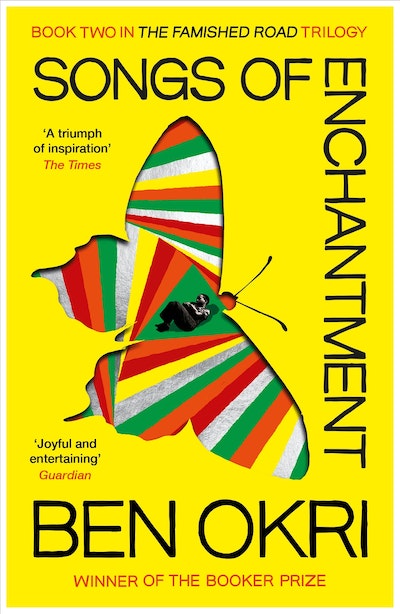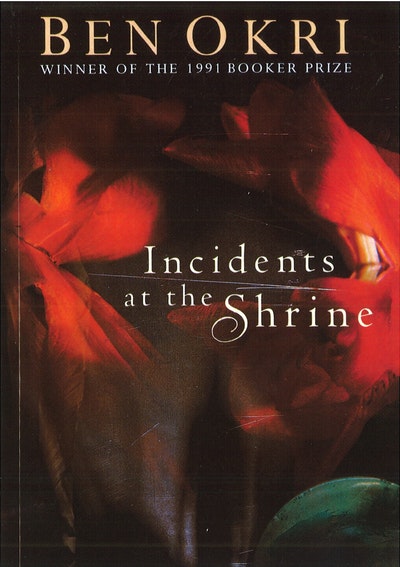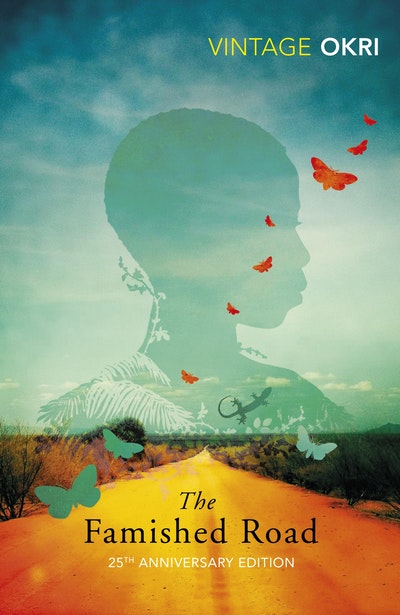[]
An African Elegy
Formats & editions
Buy from…
- Published: 4 July 1997
- ISBN: 9780099736011
- Imprint: Vintage
- Format: Paperback
- Pages: 80
- RRP: $32.99
Authenticity shines out of these poems in the way it does from some East European and Russian poets
Times Literary Supplement
Accessible and affecting... Born of a big spirit that one cannot ignore
Gillian Ferguson, Scotland on Sunday
A kaleidoscope of tersely condensed implications, with pregnant shifts of mood, tone and meaning brought to bear in the space of each line break... Most of Okri's writing is best understood as poetry, even when not laid out in broken lines
Michael Horovitz
